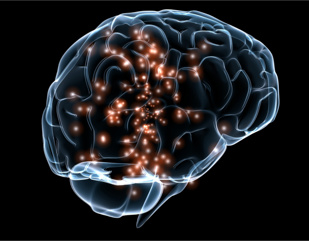Event Location

Rajiv R. Ratan M.D., Ph.D. Burke Professor of Neurology and Neuroscience Associate Dean (affiliate), Weill Cornell Medicine Executive Director, Burke Neurological Institute Understanding how neurons adapt at a transcriptional level to distinct physiological stresses in the nervous system will likely provide important insights not only into normal brain function but also how it goes awry in disease. My laboratory has been interested not only in how oxidative stress can trigger cell death in the nervous system but also how neurons adapt successfully to oxidative stress. Our studies have focused on an iron dependent, non-apoptotic form of programmed necrosis call ferroptosis that we model in cultured neurons. The dogma has been that iron participates in cell death via its ability to catalyze damaging hydroxyl radicals. The findings of the lab, garnered over nearly thirty years, provide an alternate view. I will provide evidence that iron mediates Death by suppressing an adaptive response to hypoxia mediated via a family of enzymes called the hypoxia-inducible factor prolyl hydroxylases (HIF PHDs). These oxygen, iron and 2-oxoglutarate dependent dioxgyenases destabilize the transcriptional adaptive Response to hypoxia by selectively hydroxylating the transcription factor, HIF-1 but also appear to drive prodeath transcription via ATF4. Molecular or pharmacological inhibition of these enzymes protects against ferroptosis but also improves functional outcomes in diverse neurological disease models. At the end, I will present some unexpected results that have changed our thinking about how acute injury signals might lead ultimately to death or repair of neurons.

